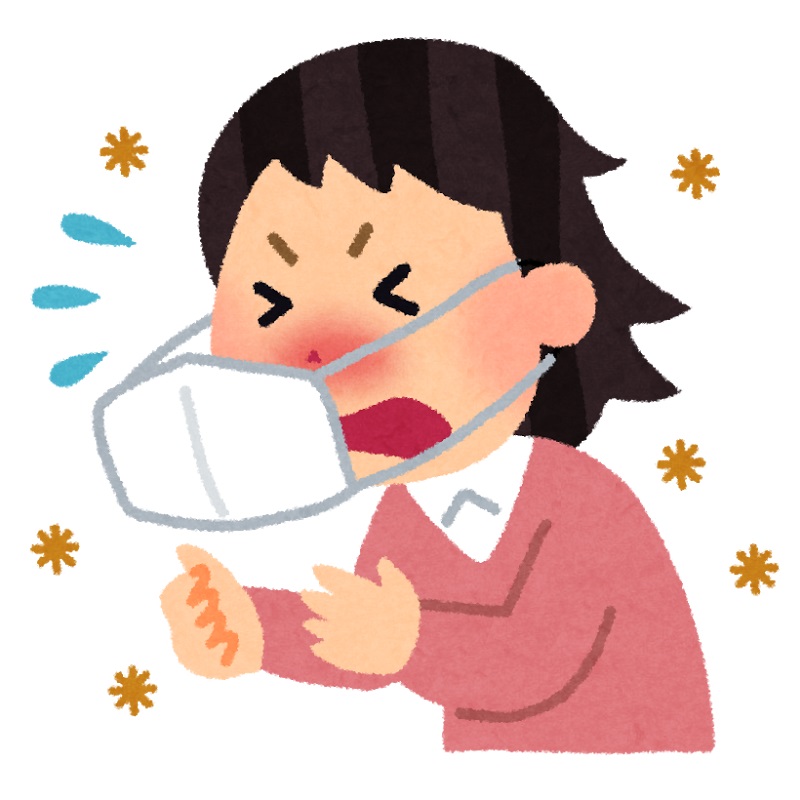.png) |
| Anya, a character from Spy x Family anime, who calls her parents chichi 父 and haha 母 |
There are various ways to call or refer to parents in Japan. Whether it is correct or not depends on the person we are talking to. In fact, More than 60% of people ranging from 18 to 45 call their mother Okaa-san and their father Otou-san, while only 35% call them "Mama" and "Papa".
The most common term to address mother in Japanese is Okaa-san お母さん with the kanji character 母 (haha), and Okaa-san’s meaning is nursing mother.
There a couple of ways the word Okaa-san could be used:
1. When you are talking to your own mother, or when you are referring to her
2. When you are talking about somebody else’s mother
When refer to one’s own mother while speaking to other people, the word haha (母) is more likely to use. However, this term could only be used when referring your mother to other people, and calling your own mother with haha (母) is actually incorrect. A child may use the term mama (ママ) to call her mother as well (this term is not limited by age however). The more polite term to call mother is okaa-sama (お母様) which can be used to call your own mother or refer to other people’s.
Just like how to call mother, the word father also has several variations and rules. The most common term to address father is otou-san (お父さん) with chichi (父) when referring to one’s own father to somebody outside the family. Some also may address with papa (パパ). Last、 the term oyaji (親父・おやじ) could be use to call father、 which however、 reflect a slightly rough manner toward parent.
For more information, you can visit:
https://japantruly.com/how-japanese-call-their-parents/
https://manga.tokyo/columns/lost-in-honyaku/how-do-you-say-mom-and-dad-in-japanese/
https://www.youtube.com/watch?v=fT68kQLzszo






















